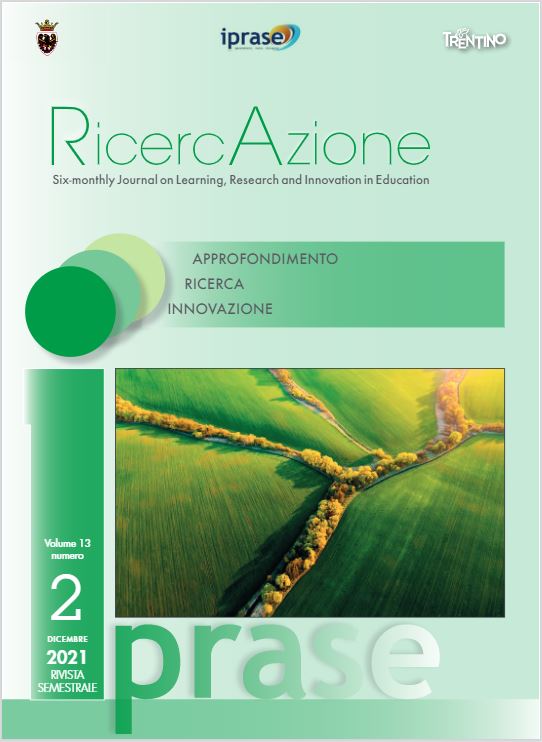Returning to school in person was the imperative of this beginning of the school year. Despite vaccines for adults and, since December, also for the little ones, the classes have lived and, presumably, will experience new quarantines in the coming months and a daily life, in presence or at a distance, strongly conditioned by the health situation.
The impact that the pandemic has had on the experience and school experience of students and teachers has been substantial. The many research published in 2020 brought it out.
Certainly the Covid pandemic has aggravated the problems, but it would be too easy and dangerous an alibi to attribute responsibility to the health emergency.
Too easy: because it is undeniable that everyday life has been turned upside down and the impact not only on school, but on people's entire lives, has been heavy, for many dramatic.
Too dangerous: because, like a flash that blinds the sight, it risks reducing only to it the complexity of the causes of the school failures detected.
But not only. The distancing practices introduced to protect physical health have "justified" an impoverishment of teaching, reduced in many cases to pure transmission of contents, and produced a weakening of the educational relationship, where physical distance has often also become personal and emotional distance.
Covid is not the 'culprit', but has acted as a 'lens', amplifying and making the problems experienced by children and young people in their school experience even more evident.
These and other fundamental reflections and observations are contained in this volume of RicercaAzione, in the "Research" section, full of important contributions, in the "Experiences and reflections" section, full of ideas and arguments, and in the "Reviews" section, containing various interesting reports.
